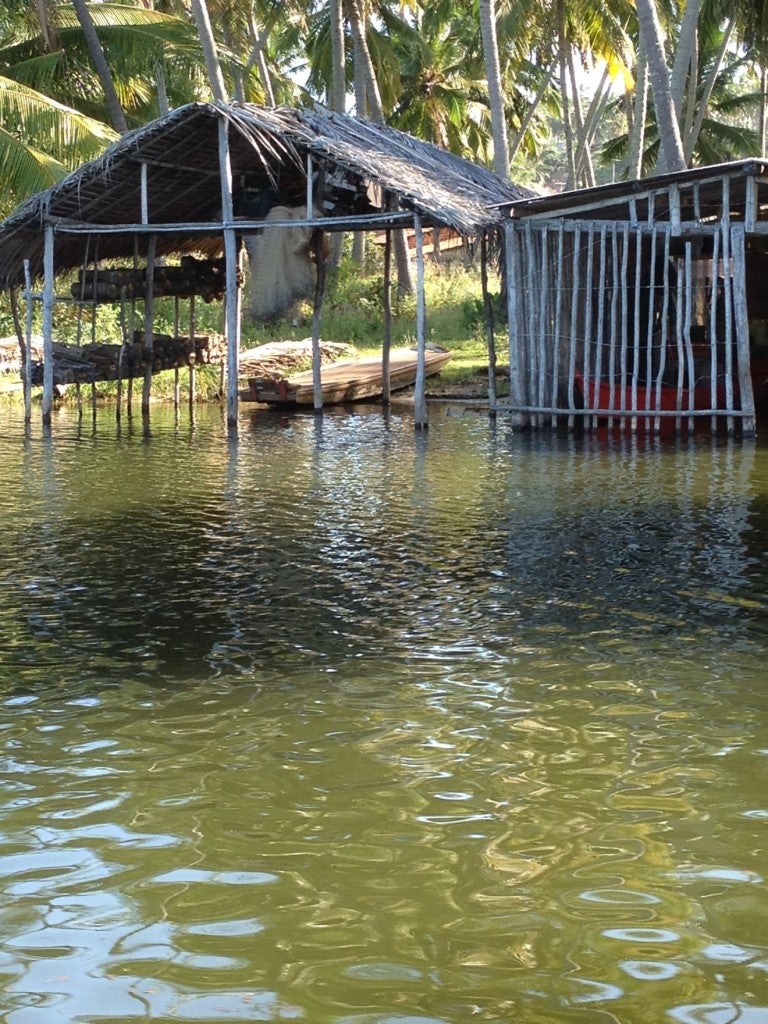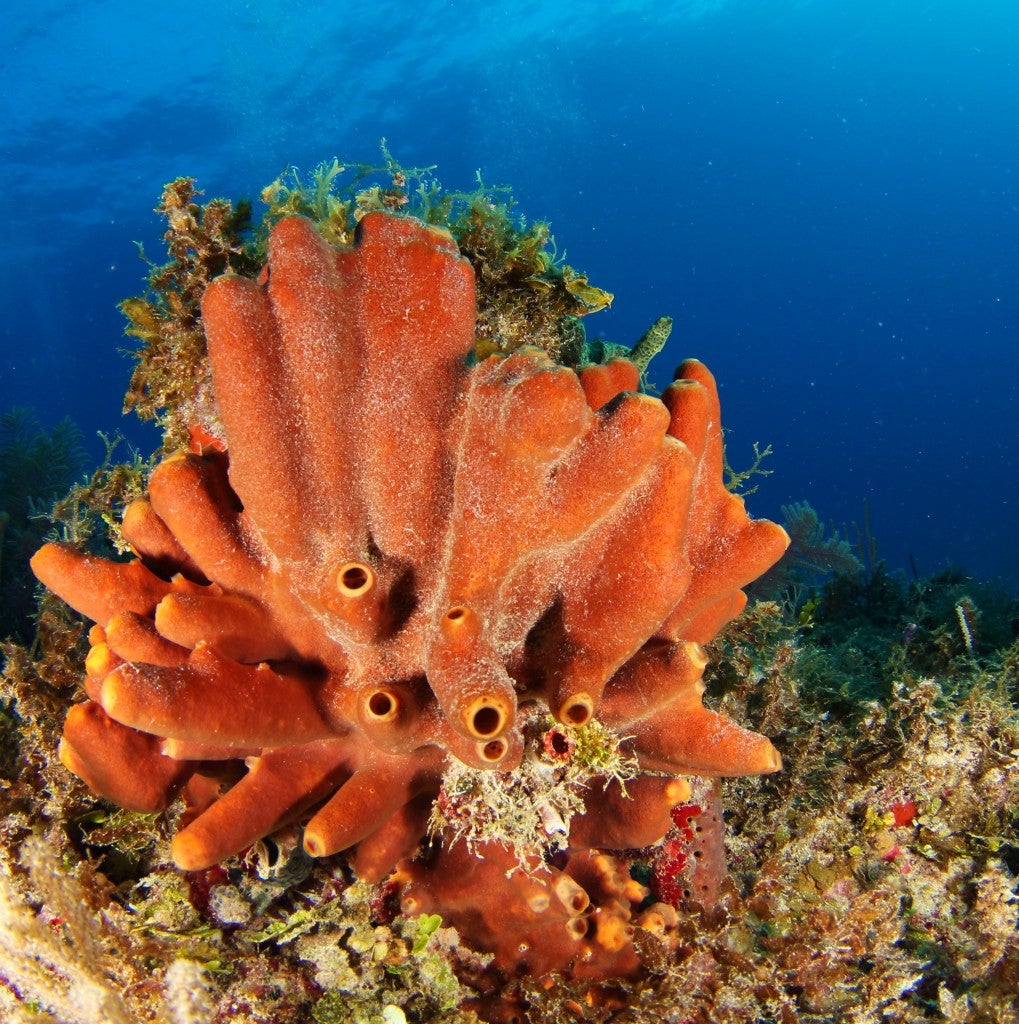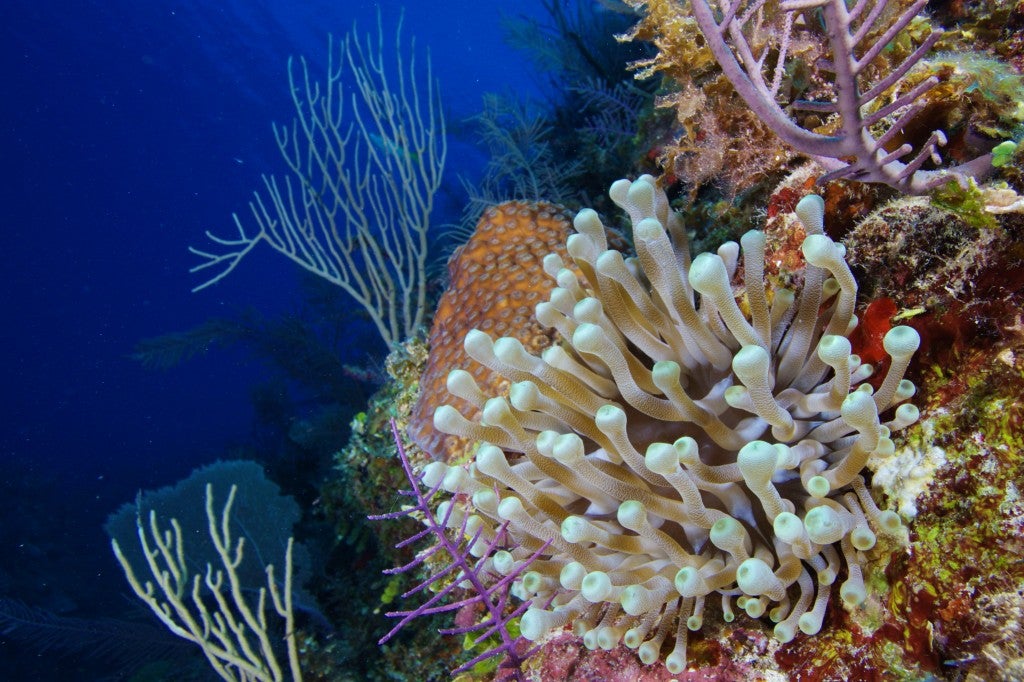Recent reporting on the discovery and enhancement of plastic-dissolving enzymes in bacteria made me stop and think about what this might mean for the plastic pollution problem that is plaguing the oceans, including the world’s coral reefs.
While this development is interesting, and draws necessary focus to the immense problem of plastic pollution in the ocean, it is premature to guess whether these kinds of enzymes might provide an effective “silver bullet” for treating plastics floating in the five great gyres of the sea.
There is so much more we need to understand about the complex relationships between plastics and marine ecosystems before we can take draconian action. In other words, it’s too soon to start spraying the ocean with so-called plastic-eating bacteria. Read More










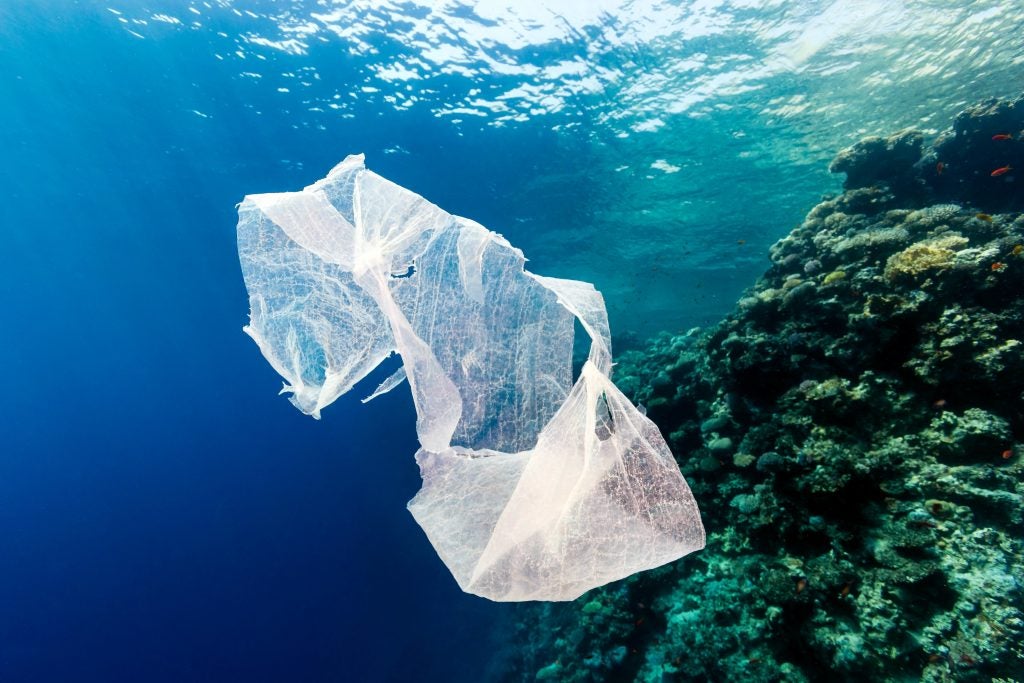
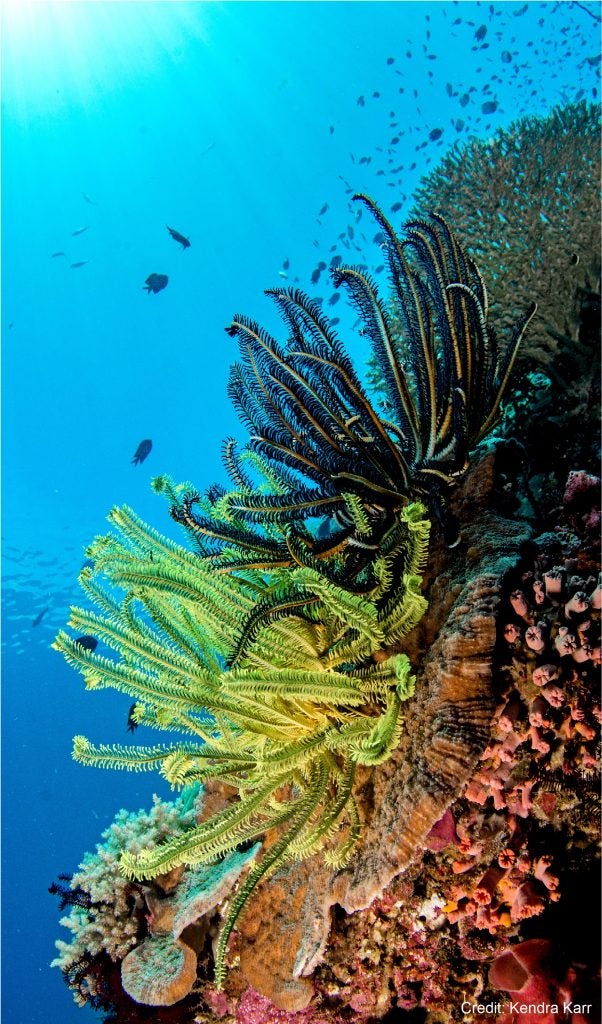 A
A